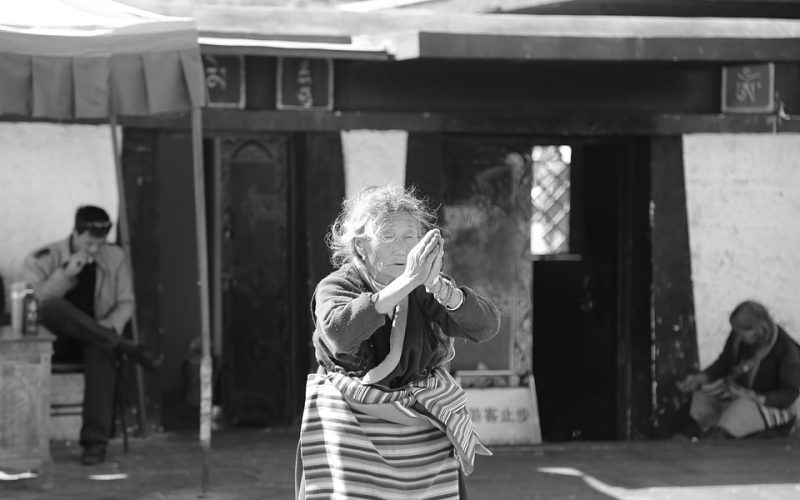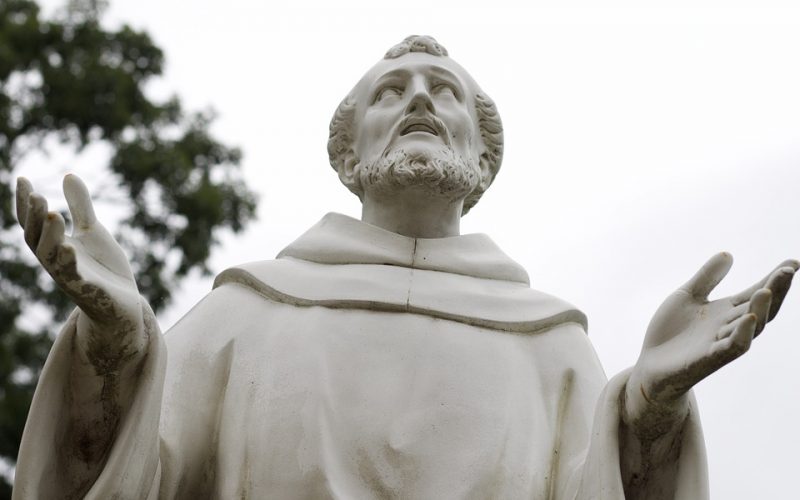Understanding the Goal of Confession
Learning to follow the rules begins when children are toddlers, and it often continues throughout their life. Most of the rules they learn at a young age are important from a safety standpoint, but these rules change into a way to fit into society as they grow. It is important to teach a very small child to stay away from a hot stove, but it is equally important to teach a youngster that a stranger offering candy is not their friend. When they become young adults, learning how to interact with others and work within the rules of a workplace is important. Being forgiven for their transgressions of the rules is important, and many parents depend upon their religious organization to teach this concept.
Whenever someone ignores or disobeys a rule, there can be a possible consequence. Small children will find that disobeying their parents and touching a hot stove will lead to a burn. They might believe their parents are simply not letting them do what they want, but the burn teaches them their parents are trying to protect them. They will tell their parents they are hurt, confessing their lack of obedience, and they will receive comfort and medical attention as their reward.
As children age, not all transgressions are safety related, and they find out they can commit sins in society by teasing a schoolmate or young relative. Their bad behavior will cost them the respect and friendship of their peers or family members, and they will need to work hard to overcome their isolation. Forgiveness within a family or society structure is difficult, but it is where children begin to learn the concept of confession. They must admit what they have done to begin making amends and being accepted again. The ritual of confession is the way churches handle this type of behavior.
For youngsters, the world is often a forgiving place because they are learning. As they age into the world of adults, they must be held accountable as well as forgiven for their actions. Confession in church is one of the lessons they can translate from a religious standpoint into a moral code for their everyday life.



